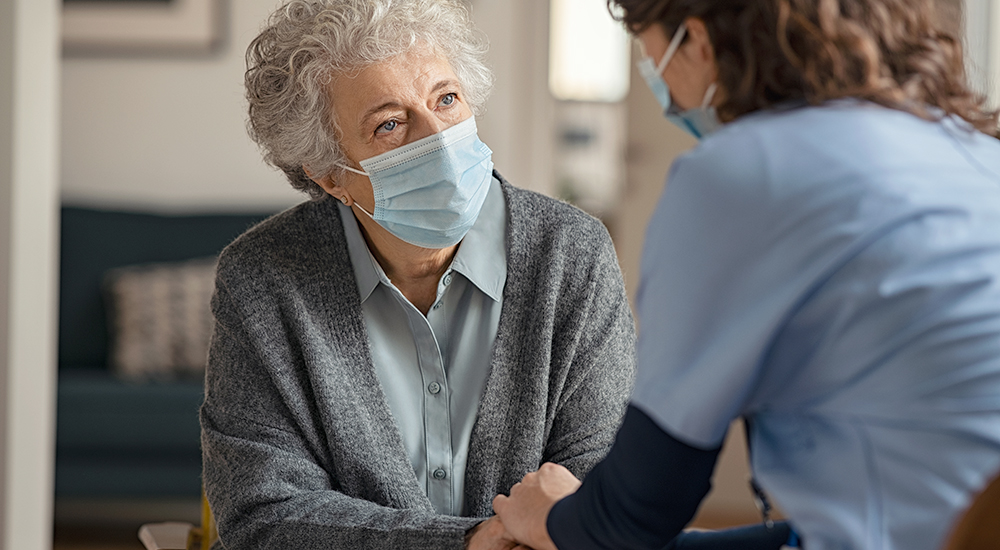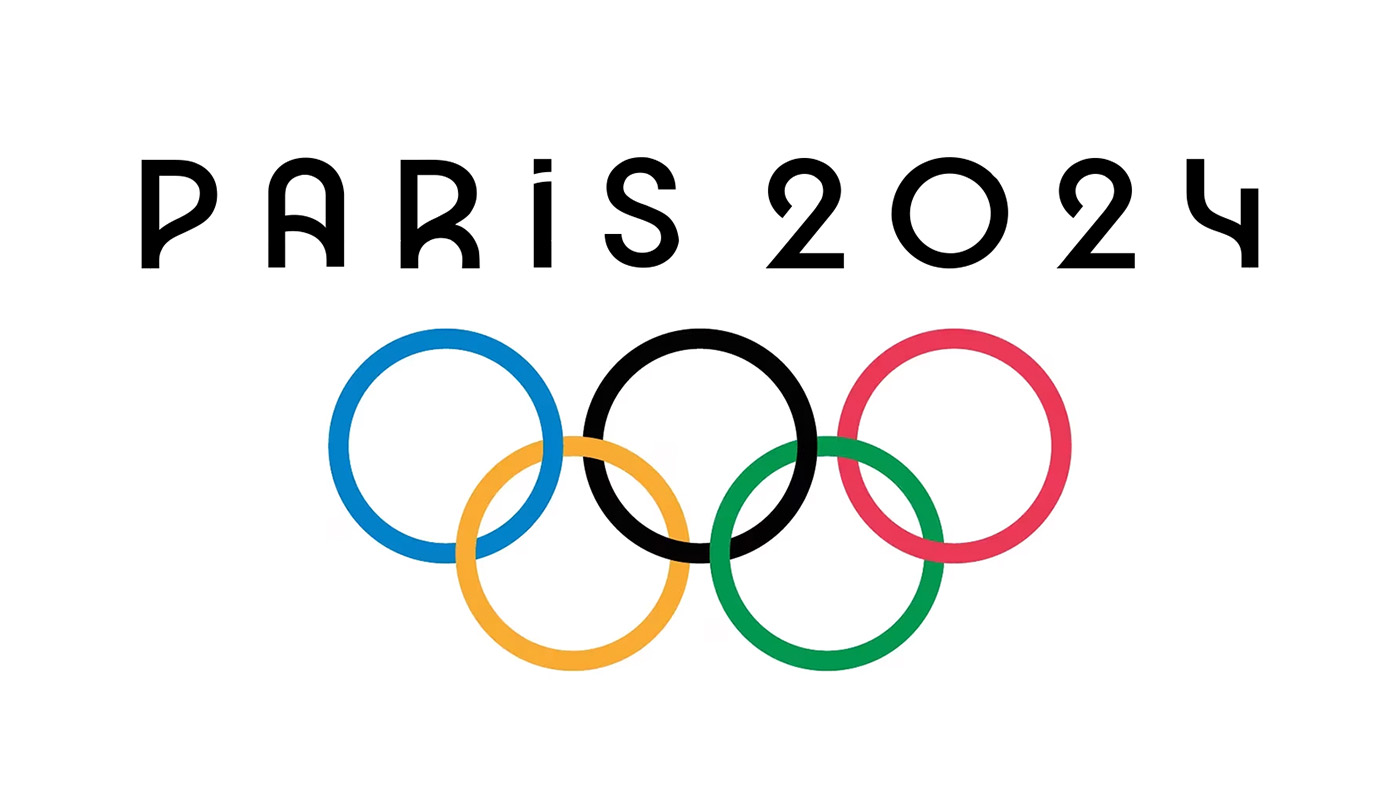VA’s 134 Community Living Centers (CLCs) are home to more than 30,000 Veterans nationally annually. The residents are predominantly older and have multiple complex health conditions, making them particularly vulnerable to COVID-19 and a priority for COVID-19 vaccination.
Since the onset of the pandemic, VA immediately implemented infection prevention and control measures to prevent transmission of COVID-19 within CLCs. These steps included regular testing of residents and staff, limits on new admissions, and visitor restrictions, except in compassionate cases. Veterans residing in CLCs were among the first Veterans offered the newly FDA-Emergency Use Authorized COVID-19 vaccines due to their high risk of severe illness and death from COVID-19.
As of April 15, 2021, there were a total of 6,661 Veterans residing in CLCs, of which 5,831, or 87.5%, have received at least one dose of COVID-19 vaccine. VA’s goal is to vaccinate every Veteran that wants one as well as their spouse and caregivers as authorized by the SAVES LIVES Act. VA remains committed to mitigate the impact of COVID-19 and protecting the highly vulnerable residents residing in CLCs.
In a new report issued April 14, 2021, VA’s Office of Inspector General (OIG) made no specific recommendations but noted opportunities for VA to continue to prioritize CLC residents for vaccinations and to engage residents who want more time to consider vaccination. VA is grateful that OIG acknowledged its strides in rapidly distributing COVID-19 vaccines to CLC residents.
VA appreciates the OIG in identifying opportunities to improve documentation and tracking of COVID-19 vaccination status in the CLC. In response, VA is working diligently to optimize its documentation and tracking of vaccines provided Veterans residing in every CLC.
Topics in this story
More Stories
Seven U.S. Army soldiers, one Army Reserve soldier and two Veterans are representing Team USA at the 2024 Olympic Games in Paris, which begins today.
Study underscores important role COVID vaccination can have in protecting Veterans from infection and reducing long-term health consequences
Columbia VA’s robotic surgery teams completed their 800th robotic surgery and are on schedule to hit 1,000 by the end of the year.






